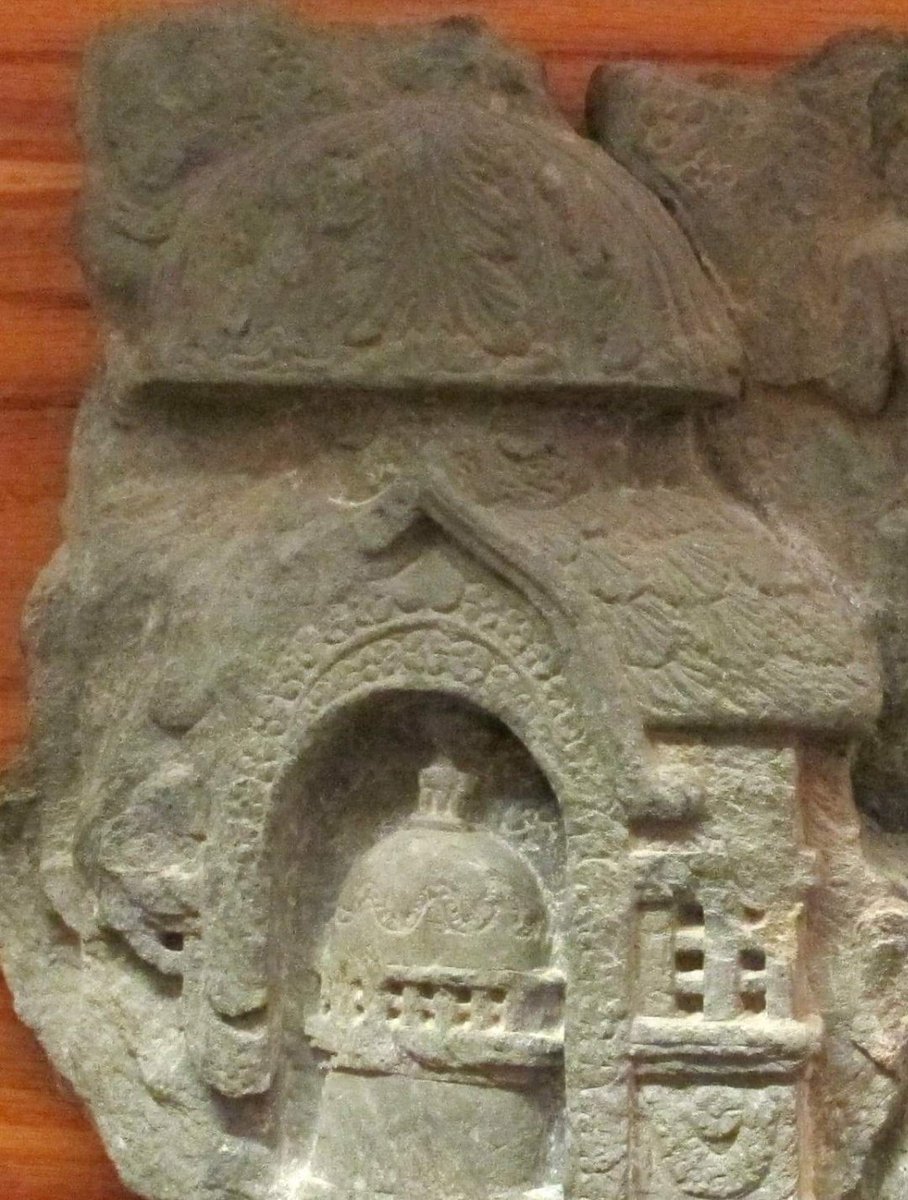It is regarded as an early work of his.
And it stands out in being a "commentary" that is not a commentary
Eg : Sankara's commentary on the 10 Mukhya Upanishads
Ramanuja's own commentary on Badarayana's Brahma Sutras
But Vedartha Sangraha is different
It takes the form of a lecture, wherein Ramanuja expounds his understanding of the Upanishads, taken as a whole
But he does not give a "Bhashya" on any single text
As per legend the lecture was delivered in Tirumala
Texts referred by him include 17 primary texts - these include the important Upanishads, Gita, the two ItihAsas, Vishnu Purana, Mimamsa Sutras among others
1. Is Bhakti and service to God consistent with the ideal of Freedom?
2. Why is service to God superior to serving one's senses?
And in this case, the Purva-paksha is infact constructed by citing Manu Smriti - the most important Dharma text possibly composed some 1000-1300 years before Ramanuja's own time
Verse 4.160
"सर्वं परवशं दुःखं सर्वमात्मवशं सुखम् ।
एतद् विद्यात् समासेन लक्षणं सुखदुःखयोः"
"All dependence on others is painful; all that is dependent on oneself is pleasing; he shall know this to be, in short, the definition of pleasure and pain"
Second part of Verse 4.6 :
"सेवा श्ववृत्तिराख्याता तस्मात् तां परिवर्जयेत्"
Translation (Ganganath Jha)
"Service has been declared, to be the “living of dogs;” hence one should avoid it"
Dependence is painful
Service is dog's life...
Pretty unequivocal
How can subordination to God be desirable when the Smriti itself declares that Freedom is paramount and subordination is despicable?
"All sentient beings have independence as the highest object of desire"
So to suggest that absolute subordination to the divine is the highest joy for the soul is revolting..
Then he quotes the two MS verses we have encountered
"This is the attitude of those who have failed to comprehend the nature of the self as being different from the body, and the mistaken association of the body with one's self"
"The individual self is full of knowledge and is pure" (Vishnu Purana)
"The individual self's nature is to be subservient to the Supreme self (as represented by the Lord of the Universe) (Mahanarayana Upanishad)
So how do we explain Manu's assertion that "All Dependence is painful"?
It merely means - "Dependence on anyone other than the Supreme Person (Parama Purusha) is painful"
It is not self-dependence at all
As per Ramanuja, it means -
"Service of one who is unworthy of service is a dog's life"
This is a radical interpretation of Manu
"मां च योऽव्यभिचारेण भक्तियोगेन सेवते |
स गुणान्समतीत्यैतान्ब्रह्मभूयाय कल्पते "
"He who serves Me with undivided Bhakti transcends the qualities of material nature and will attain self realization"
This is argued again using verses from Vishnu Purana, a text he leverages heavily
"There is nothing pleasant or painful in its inherent nature"
Objects are pleasurable and painful due to infuence of Karma
"Anando Brahma" (Chandogya Upanishad)
Whereas the bliss of material things is not consistent even w.r.t a single person at different points in time
The book is well worth reading
Here's the book - vedanta.com/store/Vedartha…



